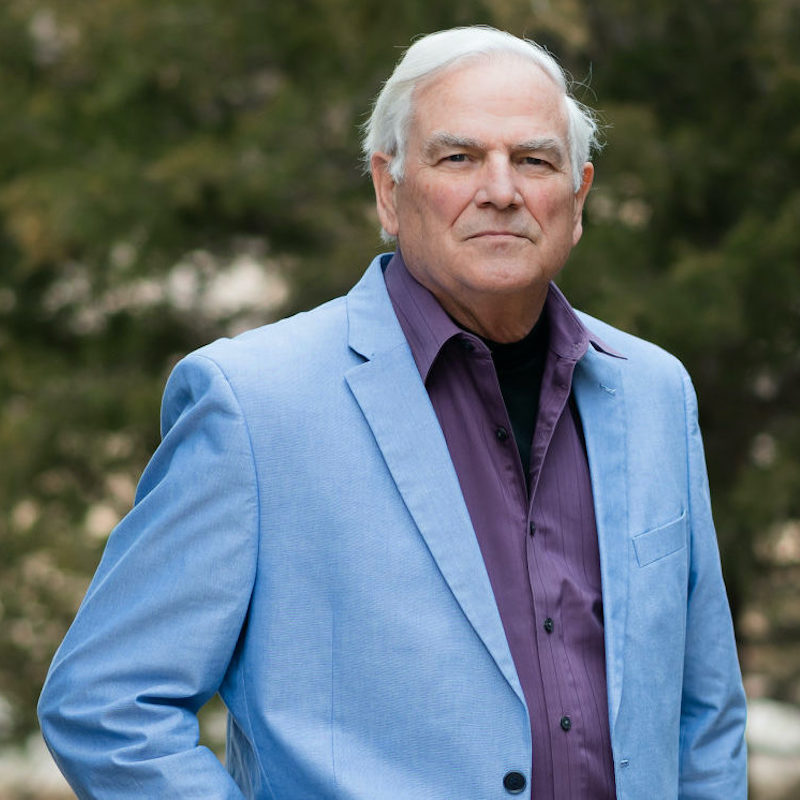Over the past few years, I have seen a few patients for rehabilitative treatment that felt their recent surgery had caused their hearing loss or greatly contributed to the progression of their impairment. While hearing loss from anesthesia seems to be a rare complication and may be more common for some operative procedures than others, basically what happens is that patients who heard well as they were wheeled into the surgical suite wake up with sudden hearing loss or tinnitus in one or both ears.
Most audiologists that have seen these sudden hearing loss patients find them a challenge as it is difficult to for them to work through the grieving process for their lost hearing.
Incidence
Singh, Sinha and Madan (2012) comment that peri-operative hearing impairment is a poorly reported and distressing morbidity related to anesthesia. It could occur following virtually any type of anesthetic technique.
In their 2012 report the authors found 52 reported cases following general anesthesia in literature. They further reported that the incidence of hearing loss after spinal anesthesia is more common, possibly as high as 50%. The true incidence, however, is unknown, owing both to lack of reporting and subclinical presentation, which often goes unnoticed unless audiometry is performed.
In their classic discussion of peri-operative hearing loss, Sprung et al (2003) found that the hearing losses can be conductive (CHL) or sensorineural (SNHL), unilateral or bilateral, transient or permanent, and have been reported following virtually every type of anesthetic procedure.
Possible Causes
The etiologies of peri-operative hearing loss may include mechanical, traumatic, noise-induced, changes in cerebrospinal fluid (CSF) pressure, nitrous oxide, embolism, pharmacologic, and other miscellaneous causes. Sprung et al (2003) state that hearing loss due to dural puncture is largely due to CSF leak and should resolve completely in days. Hearing impairment following general anesthesia for surgeries which do not involve cardiopulmonary bypass does not appear to have a uniform prognosis.
The hearing losses are usually a function of:
- CSF leaks secondary to otolaryngologic or neurosurgical procedures
- Middle ear barotrauma from nitrous oxide
- Embolism or lack of vascular supply.
“The etiologies of peri-operative hearing loss are varied, including mechanical, traumatic, noise-induced, changes in cerebrospinal fluid (CSF) pressure, nitrous oxide, embolism, pharmacologic, and other miscellaneous causes. Hearing loss due to dural puncture is largely attributed to CSF leak and expected to resolve completely in days.”
In the opinion of these authors, hearing impairment following cardiopulmonary bypass is often permanent and probably due to subsequent vascular supply issues in the organ of Corti. But, a study from the National Taiwan Hospital (left) indicates that many of these peri-operative hearing losses actually reverse themselves, and others are permanent.
Unresolved Peri-Operative Hearing Loss Becomes Sudden Hearing Loss (SSNL)
Ultimately, when these peri-operative hearing losses do not reverse themselves the patient will find themselves in the office of an otolaryngologist for treatment of a sudden hearing loss.
Hain (2012) defines sudden hearing loss (SHL) as greater than 30 dB hearing reduction, over at least three contiguous frequencies, occurring over a period of 72 hours or less. Some patients report hearing loss that is noticed instantaneously in the morning, while others report rapid development over a period of hours or days. The severity of the hearing loss varies from one patient to another and only one ear is usually affected.
Sprigg (2012) indicates that only about 10 to 15 percent of people with SSHL of all types ever know what actually caused their hearing loss.
That may be due to the fact that there are more than 100 possible causes, including:
- malformation of the inner ear
- head injury or trauma
- loud-noise exposure
- neurologic conditions
- immune system diseases
- Ménière’s disease
- Lyme disease
- infectious diseases
- medications that can harm the ear
- snake bite or other toxic event
- circulatory problems
- abnormal tissue growth or tumors
- disease of the blood vessels
- aging
In addition to the usual causes cited by Sprigg, Hain and others, permanent hearing loss caused by anesthesia can be added to the general causes for SSNL. While rare it seems there is a cause-effect relationship between anesthesia and sudden deafness. Sprung et al (2003) concludes that
“transient subclinical forms of SNHL after anesthesia especially after subarachnoid puncture, usually go unnoticed by the patient and clinician but probably occur more than generally assumed. The true incidence of peri-operative hearing impairments, regardless of anesthetic technique will continue to be unknown unless specifically studied on a large scale using audiometry. However, the anesthesiologist should be increasingly aware of hearing impairment as a peri-operative complication, especially in relation to neuraxial anesthesia, where the incidence may be as high as 50%. An awareness of the potential for and the causes of hearing loss during anesthesia may permit and the anesthesiologist to prevent or minimize the risk of significant hearing deficits”.
They suggestion that this risk be discussed in the preoperative period with patients who are at high risk for perioperative hearing loss may be good medical–legal advice.
References:
- Hain, T. (2012). Sudden hearing loss. American Hearing Research Foundation.
- Sprung, J., Bourke, D., Contreras, M., Warner, M., & Findlay, J. (2003). Peri-operative hearing impairment. Anesthesiology. Vol 98 (241-257).
- Singh, V.; Sinha, A. & Madan, R. (2012). Peri-operative hearing impairment. Open Journal of Anesthesia. 2, 176-177.
- Spriggs, B. (2012). Sudden Sensori-neural hearing loss. Healthline. Retrieved September 22, 2015.
About the author

Robert M. Traynor, Ed.D., is a hearing industry consultant, trainer, professor, conference speaker, practice manager and author. He has decades of experience teaching courses and training clinicians within the field of audiology with specific emphasis in hearing and tinnitus rehabilitation. He serves as Adjunct Faculty in Audiology at the University of Florida, University of Northern Colorado, University of Colorado and The University of Arkansas for Medical Sciences.
**this piece has been updated for clarity. It originally published on September 22, 2015







